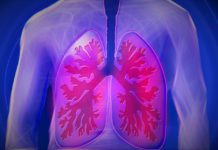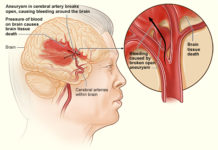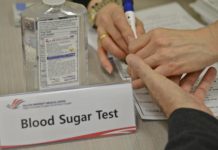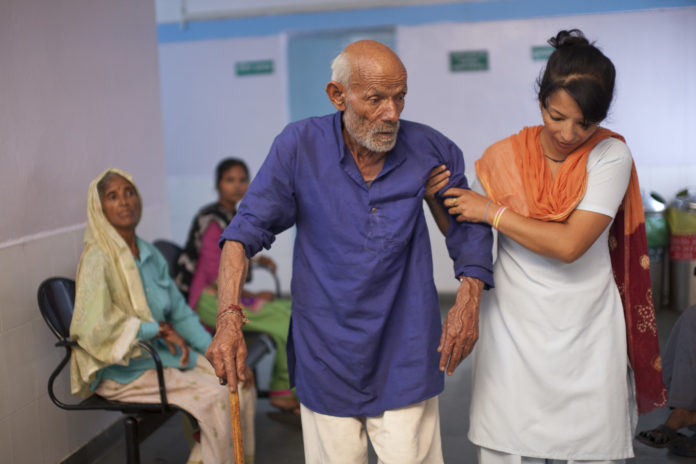
Study finds there is overwhelming focus on physical improvement and not on emotional needs
Doctors caring for severe stroke patients need to take account of their psychological needs and help prepare families for the possibility that they may not recover, according to a new study.
Patients and their families experience debilitating feelings of loss and uncertainty following a major stroke that impact on their quality of life, the findings show. “Major stroke brings likelihood of death but little preparation. Realistic planning with patients and informal caregivers should be offered, raising the possibility of death or survival with disability. Practising the principles of palliative care is needed, but the term “palliative care” should be avoided or reframed,” the study published in the Canadian Medical Association Journal concluded.
The results, from repeat interviews carried out over six months, also suggest that healthcare professionals should not shy away from sensitive discussions about death.
More than half of the patients in the study died within six months of admission to hospital. Families reported that – despite the high risk of death – care was overly focused on physical recovery with little attention to emotional needs or preparation for death
Stroke is the second leading global cause of death, accounting for 11% of deaths worldwide. Five-year survival is similar to all cancers combined and heart failure. In absolute numbers, stroke accounts for more than six million deaths per year worldwide
The study by the Universities of Edinburgh and Glasgow followed patients in Scotland over the course of a year following a severe form of stroke. Healthcare staff and family carers were also interviewed.
More than half of the patients in the study died within six months of admission to hospital. Families reported that – despite the high risk of death – care was overly focused on physical recovery with little attention to emotional needs or preparation for death.
A carer who took part in the study and whose father died from severe stroke, said: “If they had told us the magnitude of the stroke as far back as the first hospital visit we would have done things differently, rather than pushing for something that was never going to happen.”
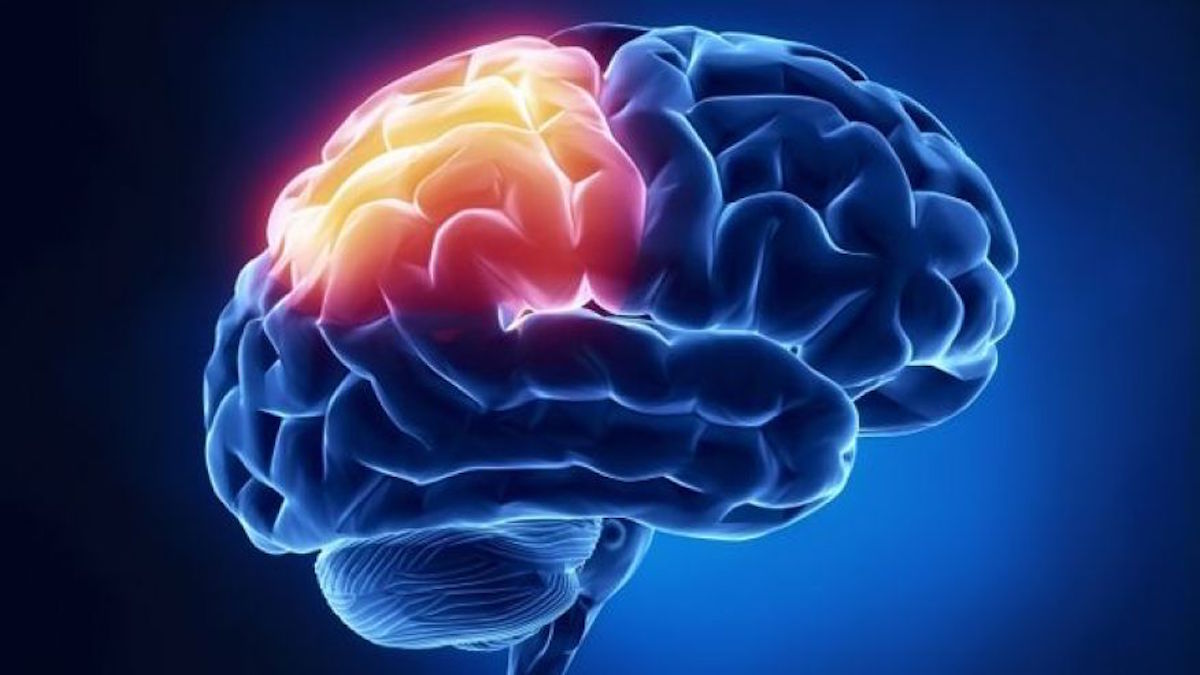
As so many patients with major stroke die within six months, researchers suggest that care should reflect the possibility of death and disability.
They also say that rehabilitation should incorporate principles of palliative care to address the emotional, social and spiritual – as well as the physical – needs of patients.
The study is was funded by Chief Scientist Office, part of the Scottish Government Health Directorates.
Professor Scott Murray of the University of Edinburgh’s Usher Institute of Population Health Science and Informatics, who led the study, said: “It is a sad fact that many people with a severe stroke die, despite excellent and speedy medical care. Whilst we hope for a good recovery, relatives and patients also should be supported in preparing for the worst to help them to focus on quality of life.”


